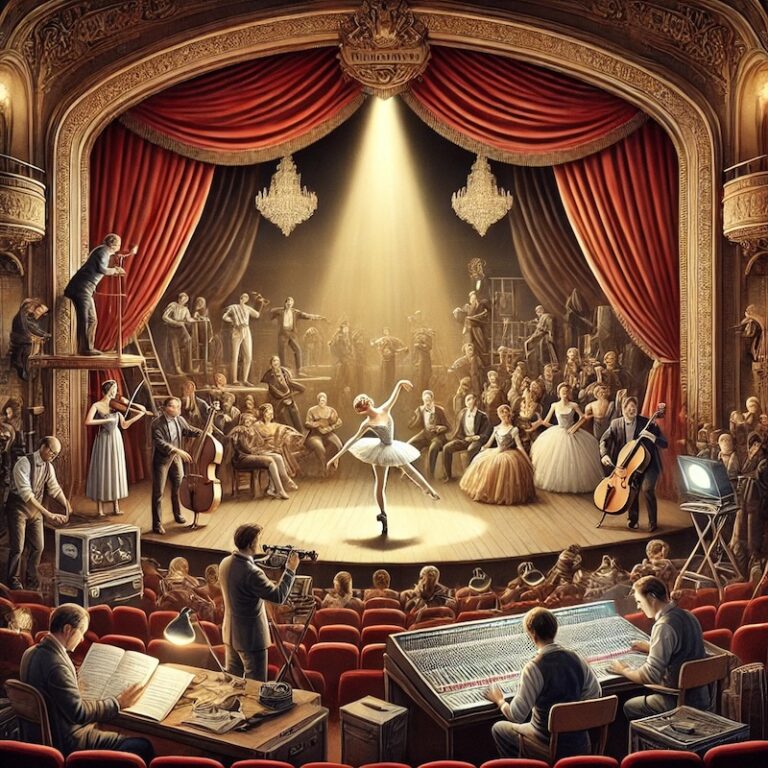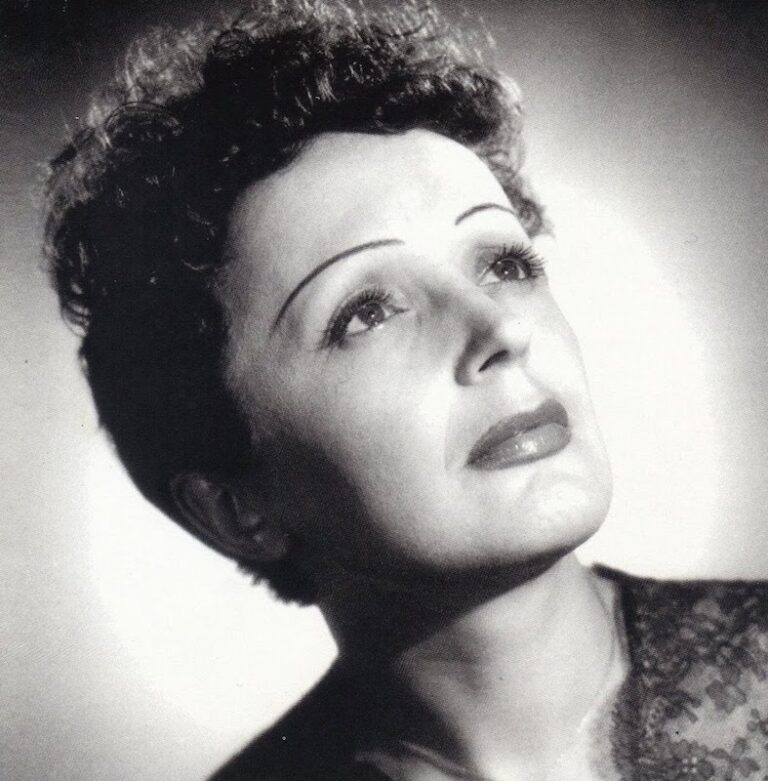Embarking on a Cultural Odyssey: Unveiling the Rich Tapestry of French Culture
Introduction
In the heart of Western Europe lies a nation that has been a beacon of art, fashion, gastronomy, and architecture for centuries. France, with its rich history and diverse landscapes, has cultivated a culture that is revered globally. From the bustling streets of Paris to the serene countrysides, every corner of “La Belle France” beckons with its unique allure, inviting one to immerse themselves in its rich heritage. This article embarks on a journey through time, unveiling the tapestry of customs, traditions, and figures that have shaped this exquisite nation.
Section 1: The Historical Foundations
Subsection 1.1: The Gallo-Roman Era
Before the glittering era of kings and queens, the foundations of French culture were being laid during the Gallo-Roman period. A prominent figure of this time was Vercingetorix, a gallant Gallic leader born in Auvergne around 80 BC. Known for his valiant efforts to unify Gaul, his leadership marked a significant chapter in the annals of French history, leaving an indelible mark on the nation’s cultural narrative.
Subsection 1.2: The Influence of Charlemagne
As time progressed, the mantle of leadership passed to other notable figures, including Charlemagne, also known as Charles the First. Praised for restoring the great Western Empire and instituting a free school system, Charlemagne’s reign was a beacon of enlightenment and progress. His efforts in unifying various regions under a single rule laid the groundwork for the modern French state, fostering a culture of education and intellectual growth.
Subsection 1.3: The Era of Kings and Queens
The subsequent centuries saw the rise of powerful monarchs who left a lasting impact on French culture. Louis XIV, known as the Sun King, embarked on ambitious projects that showcased the grandeur of French art and architecture. His reign, characterized by the expansion of the magnificent Versailles palace, became a symbol of France’s power and influence in Europe. Meanwhile, figures like Marie-Antoinette brought a touch of elegance and sophistication to the royal court, fostering a golden age of fashion and entertainment.
Section 2: Icons of French Culture
Subsection 2.1: Art
The French art scene has been a vibrant tapestry of evolving styles and movements, leaving an indelible mark on the global art landscape. The 19th and early 20th centuries were particularly transformative, giving birth to revolutionary art movements such as Impressionism and Art Nouveau. Artists like Claude Monet and Henri de Toulouse-Lautrec captured the essence of French society through their vivid and evocative works, inviting viewers into a world of beauty, emotion, and innovation.
Subsection 2.2: Fashion
When it comes to fashion, France stands unrivalled as the epitome of style and elegance. The streets of Paris have long been the runway for the world’s most prestigious fashion houses, including Dior and Chanel. The concept of Haute Couture, or high fashion, originated in the fashion ateliers of Paris, where designers like Coco Chanel revolutionized the way people dressed, introducing timeless pieces that blended sophistication with comfort. Today, French fashion continues to set trends, embodying a perfect blend of tradition and modernity.
Subsection 2.3: Gastronomy
French cuisine is a delightful journey for the senses, offering a rich and diverse culinary experience. The concept of Haute Cuisine, which translates to high cooking, epitomizes the French approach to food – a perfect blend of tradition, innovation, and a deep respect for quality ingredients. From the rustic charm of Provençal dishes to the refined elegance of Parisian gastronomy, French cuisine offers a symphony of flavors, textures, and aromas that are sure to tantalize even the most discerning palate.
Section 3: Legendary Figures
Subsection 3.1: Joan of Arc
In the annals of French history, few figures stand as tall as Joan of Arc. A young peasant girl who rose to become a military leader during the Hundred Years’ War, Joan’s courage and conviction inspired a nation. Her unwavering faith and determination led to a series of military victories, cementing her status as a national heroine and a symbol of French resistance and unity.
Subsection 3.2: Napoleon Bonaparte
The Napoleonic era marked a period of radical transformation in France. Napoleon Bonaparte, a military genius and a visionary leader, embarked on a journey to reshape the French society. His reign saw the introduction of the Napoleonic Code, a legal framework that laid the foundations for modern civil law. Napoleon’s influence extended beyond the borders of France, leaving a lasting impact on European politics and society.
Section 4: Modernity and Contemporaneity
Subsection 4.1: The Industrial Revolution in France
The industrial revolution ushered in a new era of innovation and development in France. The nation witnessed significant advancements in technology, infrastructure, and urban planning. Figures like Baron Haussmann played a pivotal role in transforming Paris into a modern city, introducing wide boulevards and architectural marvels that continue to captivate visitors to this day. This period also saw the inception of iconic structures like the Eiffel Tower, a symbol of French ingenuity and a testament to the nation’s progress during this transformative era.
Subsection 4.2: Cultural Contributions of François Mitterrand
In the latter part of the 20th century, President François Mitterrand embarked on a series of cultural projects that further enriched the French cultural landscape. Initiatives like the Fête de la Musique, a nationwide music festival celebrating the summer solstice, became a staple in the French cultural calendar. Mitterrand’s tenure also saw the inception of architectural marvels like the Louvre Pyramid and the Grande Arche de la Défense, blending tradition with modernity and showcasing France’s commitment to fostering art and culture.
Conclusion
As we traverse through the annals of French history, it becomes evident that the nation’s culture is a rich tapestry woven with threads of history, art, fashion, and culinary excellence. From the gallant figures of yesteryears to the modern leaders who have shaped the nation’s trajectory, France stands as a beacon of cultural richness and diversity. As we step into a new era, France continues to evolve, embracing the new while revering the old, promising an enriching journey for those who wish to explore the depths of French culture.



